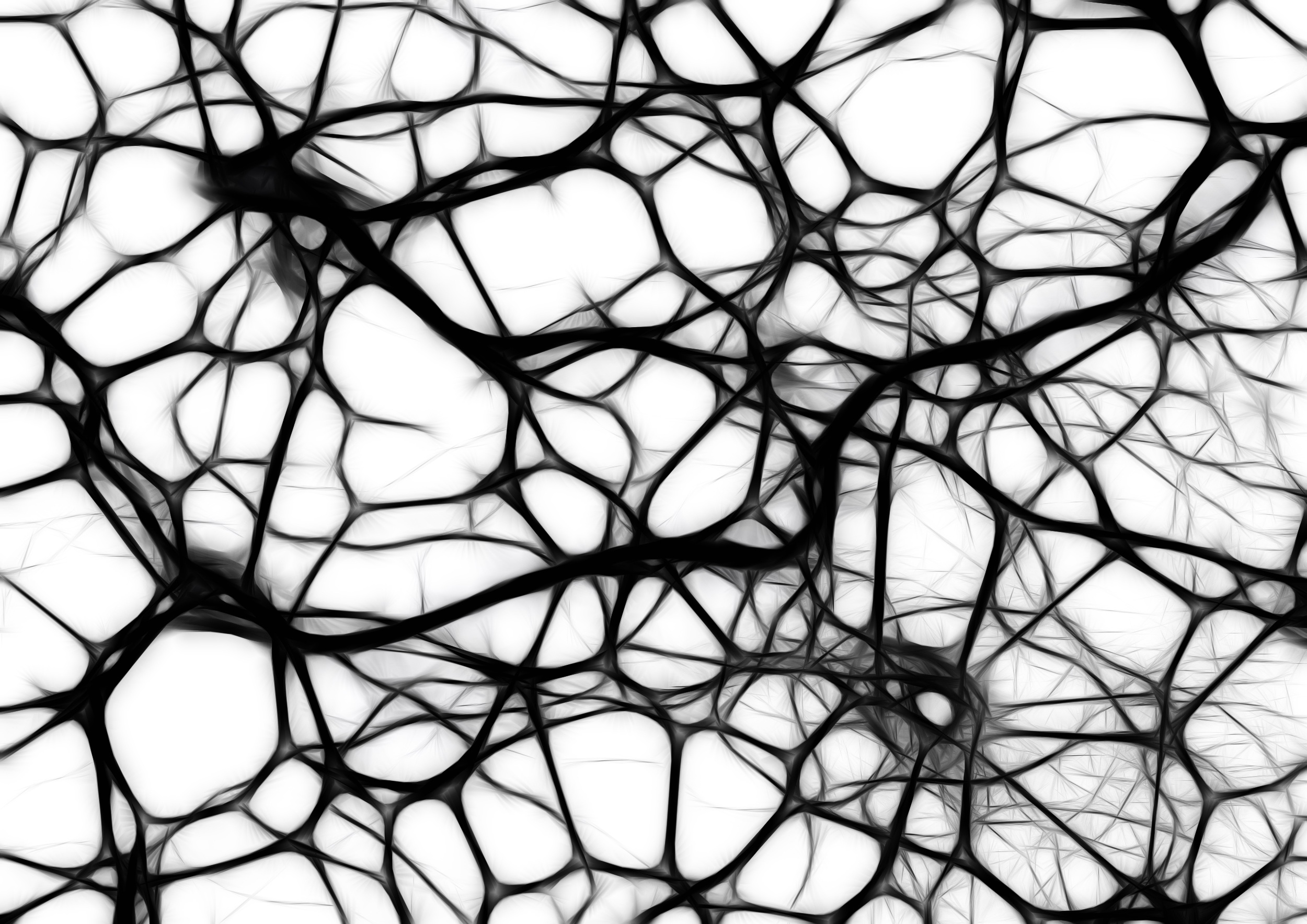
In truth, anxiety comes from different places depending on the person.
For some, it stems from a traumatic experience they went through. For others, the type of things they were exposed to or denied from having can trigger anxiety.
In my case I was exposed to many little things that built up over time. I believe this is the case for most people that deal with anxiety. It isn’t one specific thing but many small things that eventually lead to us feeling anxious.
When someone suffers a major tragedy in their life it seems more acceptable to have some form of issues arise related to the event. But with most people suffering from things such as generalized anxiety disorder (or GAD), it almost seems to have come from nowhere. And without having an event to associate to the anxiety it is much harder for others to understand why it exists.
I’m sure you’ve heard, “just snap out of it!” or “Why can’t you just be happy?”
It’s difficult for others to understand why we have anxiety because they don’t understand that it’s something that builds over time, sometimes seemingly out of thin air.
So why does this happen?
The answer is pretty simple… it’s because of how our minds work. Let me explain.
Our brain is built of billions of little things called neurons. These neurons pass information to each other every time we experience something in the world. The more these neurons pass the same information, the stronger the neural pathway becomes.
Think of it like walking on a field of new grass. Each time you walk over the same section, the ground flattens out. If you walk over the same section enough times eventually you wear a pathway into the grass. It’s the same with neurons.
When neurons send signals to each other it is called firing. The more neurons fire together, the easier it becomes. They create a pathway between each other.
In the book, ‘Rewire Your Brain’ by John B. Arden, Phd, he refers to this with a great line; neurons that fire together wire together! This is a great book about learning how your brain works and I highly recommend it. If you are interested in picking it up, here is my [fusion_builder_container hundred_percent=”yes” overflow=”visible”][fusion_builder_row][fusion_builder_column type=”1_1″ background_position=”left top” background_color=”” border_size=”” border_color=”” border_style=”solid” spacing=”yes” background_image=”” background_repeat=”no-repeat” padding=”” margin_top=”0px” margin_bottom=”0px” class=”” id=”” animation_type=”” animation_speed=”0.3″ animation_direction=”left” hide_on_mobile=”no” center_content=”no” min_height=”none”][fusion_tooltip title=”When you click on this link and make a purchase I collect a small percentage of the purchase price. This is a way for me to help offset some of the cost of creating and maintaining this website. I never offer a link for something I haven’t personally used, read or believe is truly valuable.” placement=”top” trigger=”hover” class=”” id=””]affiliate link[/fusion_tooltip] for the book below:
Rewire Your Brain: Think Your Way to a Better Life
Each time you experience something that triggers your anxiety, it is happening because the neurons in your brain have been trained to react this way. The neural pathway has become so defined that the brain works on autopilot.
As soon as you are exposed to even the thought of something that triggers your anxiety, your neurons kick in. They send signals saying it’s time to panic and you begin to feel the effects of the body reacting to what he brain is telling it to do.
The more this pattern repeats, the more proficient the mind and body become in repeating this behavior. This is why, if left untreated, anxiety gets worse over time.
Medication work to target the neurons, disrupt those pathways and forces them to send different signals. This can be very effective for some people that suffer from GAD or other anxiety issues. But medications don’t always work.
Why? Because our brains are really strong. We can actually convince ourselves that the medication isn’t going to work. By doing this we create a new pattern of neurons telling our mind that the pill we are taking won’t do anything. This negative thinking lays the groundwork for new neural pathways that can counteract the medications positive effects.
In other cases, people begin to feel better while on medication so they stop taking it. But because they never dealt with the thinking patterns that caused the anxiety in the first place, they slip back into the same habits and cause the anxiety to return.
So what can we do?
Well, there is good news and bad news. The bad news is that it is very difficult to change a neural pathway once it has been established. It’s like water running down a river. As long as the pathway is there for the water to naturally flow down, the water isn’t going to go in another direction.
Here’s the good news. Science has learned that it is much easier to build new neural pathways rather than change an old one. By working on consciously altering our reactions to situations we can create a new pathway and actually teach our brains to function differently.
Or in simpler terms… we break old habits by replacing them with new habits.
But the first step in beginning to change the pathways in our mind is to understand that they are there. Knowing how your brain works, even at a very basic level like I’ve discussed here (I am no neuroscientists, trust me) will help to lay the groundwork for changing how you deal with stressful situations.
You can overcome your anxiety. It just takes the right kind of thinking, patience and time.
Does this make sense? Do you have any questions? Please leave a comment below and let me know how to better explain this or if you think you understand. I’d love to hear from you!
Much love![/fusion_builder_column][/fusion_builder_row][/fusion_builder_container]
